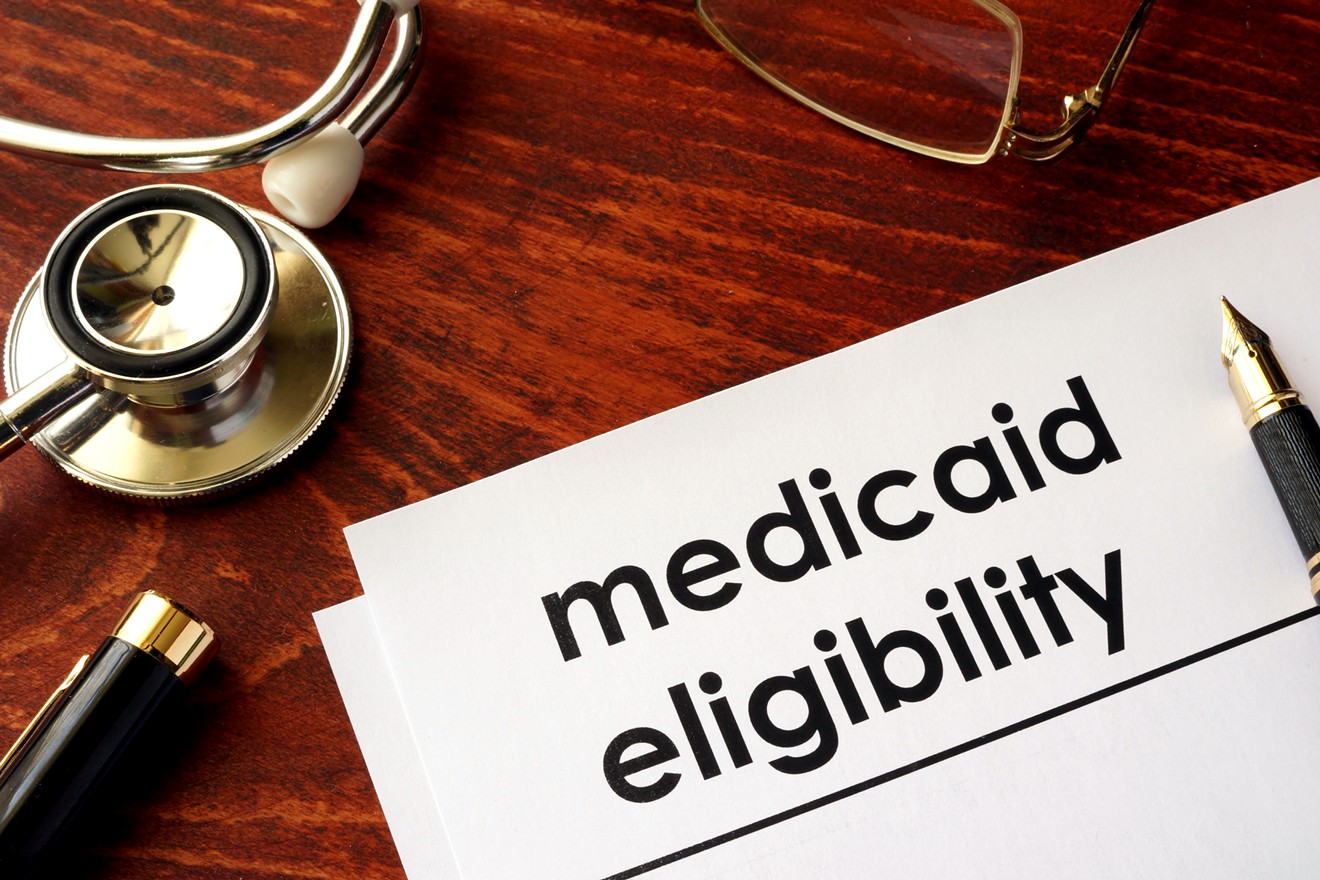According to a new report from the Kaiser Family Foundation, more than 1 million Texans without health insurance would gain coverage if the state signed up for expanding Medicaid. That's about 22 percent of the state's 4.5 million uninsured residents. Data show that the state would reap a significant savings from a decline in uninsured visits to public hospitals and other uncompensated care. According to a report cited by the Kaiser Family Foundation, Medicaid expansion cut 41 cents from every dollar that hospitals in expansion states spent on uncompensated care from 2013-15, leading to a cumulative estimated savings of $6.2 billion.
“Texas leaders have a lot of policy problems they need to address, including mental health challenges, pressure on local property taxes, the opioid and other substance use disorders, maternal and infant mortality, rural hospitals closing, and the medical bills and other financial strains faced by so many families,” Anne Dunkelberg, associate director of the Center for Public Policy Priorities, an Austin-based think tank, said Friday. “A key step to tackling all these challenges is for state leaders to develop a plan to increase access to health insurance.""A key step to tackling all these challenges is for state leaders to develop a plan to increase access to health insurance." — Anne Dunkleberg
tweet this
Texas has the highest uninsured rate in the United States at 16.6 percent. Many of those uninsured, about 638,000, are in the so-called "coverage gap." They don't make enough money to qualify for the insurance subsidies guaranteed by the ACA, but they make too much cash to qualify for Texas' Medicaid statute. In addition to those in the gap, the expansion would also cover more than 400,000 Texas residents with incomes just above the poverty line, the report says. Both groups are made up of the people the ACA's Medicaid expansion was designed to cover, but Texas' state representatives have left them out.
“The Legislature should make sure there is a health insurance option available to Texans who build our homes, take care of our toddlers and grandparents, serve our food when we go out to eat, or who stay home to care for their new baby while a spouse goes to work,” Dunkelberg said. “Unfortunately, many of these jobs don’t offer insurance and don’t pay enough for Texans to buy their own insurance. The federal government is offering states expanded Medicaid funding to cover these specific families, but so far state leaders have turned down the funding without offering any alternative plans.”
Despite the fact that any money the state put into Medicaid after an expansion would be matched 9-to-1 by federal funds, Texas Republicans led by Gov. Greg Abbott and Lt. Gov. Dan Patrick have fought against the insurance program. After receiving a waiver from the federal government allowing Texas to continue receiving funds to support managed care programs although it didn't sign up for the expansion, Abbott celebrated.
“I committed to the people of Texas that we would focus on preserving access to care without expanding a broken Medicaid system under Obamacare,” Abbott said in December.
Patrick, who controls the state Senate's agenda as lieutenant governor, has said that the idea of Medicaid expansion "is not even worth discussing."
Despite their elected officials' position, the majority of Texans support Medicaid expansion, according to a June poll from the same group that published Friday's report, the Kaiser Family Foundation. Sixty-four percent of Texans, according to the poll, believe that the state should accept federal cash to expand the low-income insurance program, with the same percentage agreeing that the state is "not doing enough to help low-income Texas adults get health care."












